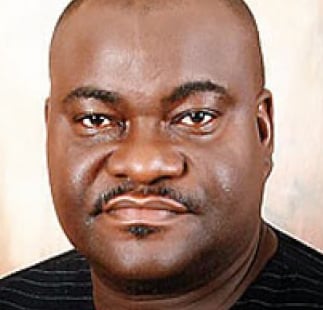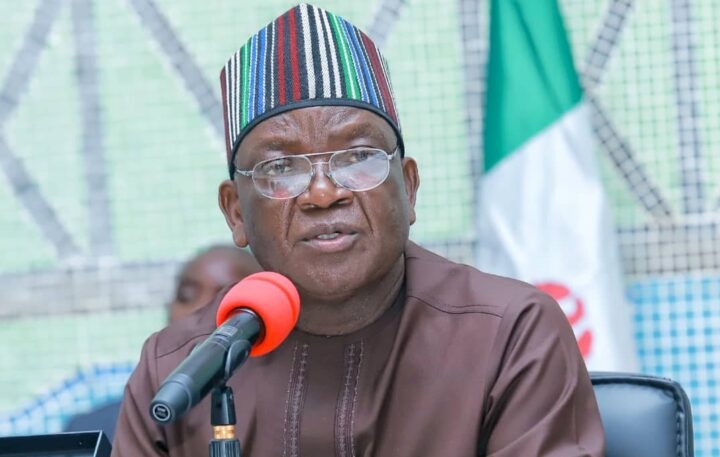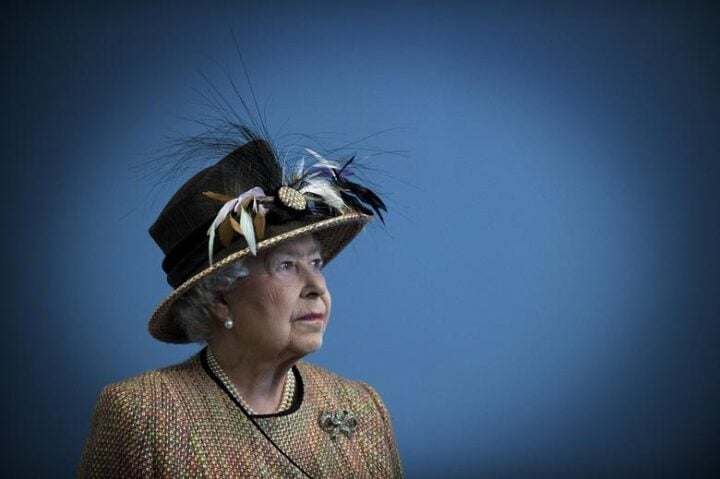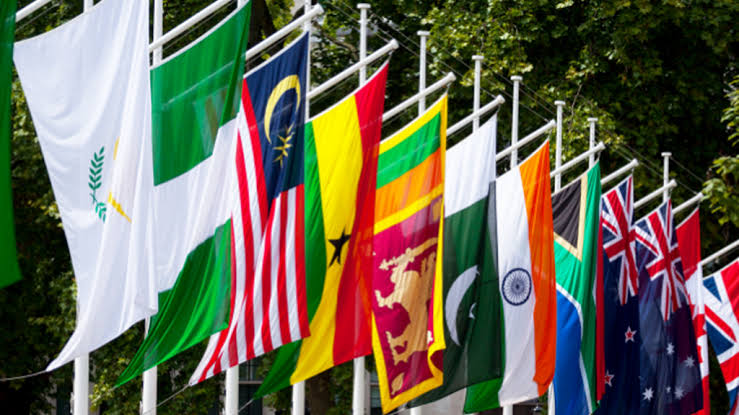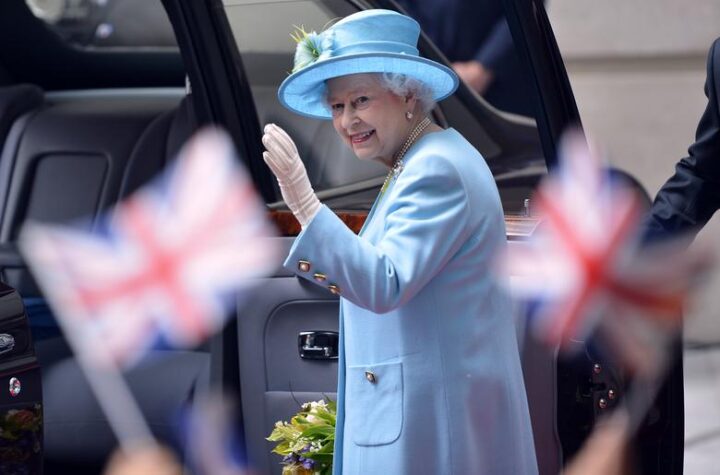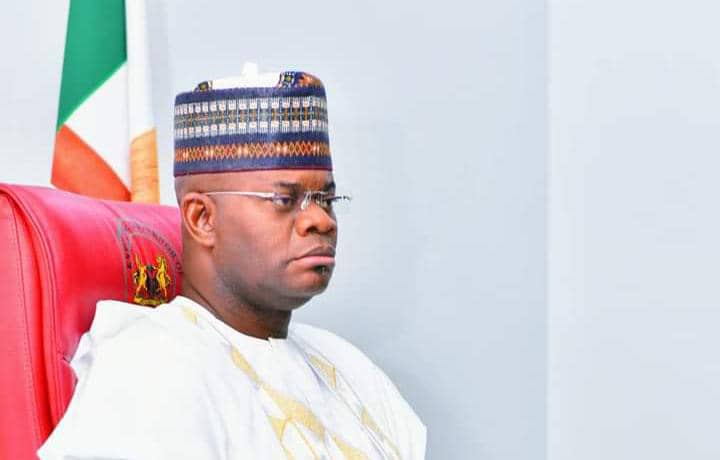His profile as some kind of activist chief executive naturally compels some inquisition into the extent of the discharge of his basic, primary official endeavours. He was elected principally to provide leadership, foster sociopolitical harmony in a multilingual, multicultural polity, ensure security and contribute to the infrastructural development of his state. But then his voice is loud in the nation’s ears, regularly alluding to the government’s abdication of its responsibilities to his people, if not its covert complicity with their tormentors. He is never tired of voicing out specifically, the post-2015 trauma and travails of his innocent and hapless people, particularly in the hands of rampaging and ruthless Fulani insurgents. The nomads have made existence drab, dreary, depressing and despairing for their constituents.
The new year in 2018 in Benue state was, for instance, ushered in with the macabre massacre of 72 indigenes of the state by nomadic herdsmen. A mass burial of the victims on Thursday, January 11, 2018, commanded global revulsion, as it was telecast in real time on terrestrial television. Such killings, albeit on smaller scales, have recurred in the state, again and again, becoming an obvious distraction on the path of good governance. Our subject remains unbreakable and vociferous, reminding us of lines from some evergreen compositions of the iconic Afrobeat musician, Fela Anikulapo-Kuti. In response to the regime of malfeasance and injustice, foisted by successive Nigerian governments, Fela bellows: “I go talk o, I go talk plenty o/I go shout o, I go shout plenty o”.
Samuel Ortom was inaugurated governor of Benue state, the trademark “food basket of the nation,” on May 29, 2015. He succeeded Gabriel Suswan, who is now the senator representing Benue north-east. Ortom was initially elected on the platform of the ruling All Progressives Congress (APC). He was decisive, however, when he crossed over to the opposition party, the Peoples’ Democratic Party (PDP) on July 2018. He opined at the time, that “the APC was no longer a platform that had the interest of the people of Benue state at heart”. He expressed the conviction that “the amelioration of the plight of his people would be better realised in the PDP”.
Ortom tells you he is not given to self-gratification. “I’m happy you were at the church service in my hometown, Gbajimba, in Guma local government area, a few days ago,” he begins. You probably heard when John Dyegh, the member representing the Gboko/Tarka federal constituency in the house of representatives, spoke during proceedings. He made the point that much as we are working within the limits of resources available to us and peculiar constraints, we have not been talking. I agree with him. My style has always been for our efforts to speak for themselves. Maybe I’m publicity-shy. But I’m happy that you and I are talking now, so we can run through a few things we’ve done”.
Advertisement
Continuing, Ortom says: “When I see on social media that Ortom has been governor for seven years and he has not built a toilet, I laugh. My predecessors did their bit, and I’m also contributing to my quota. Coming to specifics, we are active in all three senatorial zones of the state. Besides the civil service, agriculture is the mainstay of the economy of the state. Remember that is the motto, the legend of our geopolitics. Primarily, therefore, our focus is on rural roads which will facilitate the evacuation of farm produce from the hinterlands to the markets. The percentage completion of our various road projects is varied in instances, largely due to the resources at our disposal. In some instances, we have built the bridges and rolled out laterite, making the roads motorable. In some other instances, we have done surface dressing, while elsewhere, we have fully applied asphalt overlays on the roads”.
Ortom’s administration has also pursued urban renewal in the three main towns in the state, namely: Makurdi, Gboko and Otukpo. In Makurdi, the state capital, notable roads undertaken by his government include the: Bambam-Federal Low-cost Housing Estate Road, Off Naka Road and the John Kwaghgba Road. There are also the NKST- International Market-Yina Street, Off George Akume Way, the Gabriel Suswam Road, and the Terwase Agbadu-Yakyo Junction, Apir Road, among others. The urban renewal programme in Gboko, the traditional headquarters of the Tiv nation, has gifted the town a new state-of-the-art palace for the Tor Tiv, the paramount Tiv royal. Roads like Isaac Shaahu, Martin Dent and Captain Dawn’s Way have also been built in Gboko.
Veering towards healthcare development, Ortom tells you his administration has built 42 primary health centres across all 23 local government areas, (LGAs) of Benue State. The teaching hospital and all secondary health centres, notably general hospitals, are undergoing massive upgrading. Ortom attributes the effort to a facility provided by the Central Bank of Nigeria (CBN). In the educational sector, thousands of hitherto dilapidated primary school buildings have been refurbished and are wearing new looks, while chairs and tables have been procured to end the practice of students sitting on bare classroom floors.
Advertisement
Ortom is equally excited about the gains of his government in agricultural development: “We have introduced new methods of farming,” he affirms. “We’ve bought tractors and supplied fertilisers. We are also introducing new products to our farmers, like watermelon which, hitherto, was not grown in Benue, despite our rich and adaptable soil. Research is also in progress on other crops compatible with our environment”. It is a measure of the high premium placed on agriculture that Ortom’s government periodically declares “work-free days” to enable civil servants to tend to their farms.
His administration has also tried to encourage “value addition” to agricultural produce, to create a value chain down the line, from the farm to the dining table. “As minister for trade and investment,” he notes, “we encouraged producers across the field, including in mining, to enhance the quality of what they produce. From processing to packaging, to marketing and distribution, it’s a long value chain. We can create wealth, employment and opportunities. If the products can be exported, that guarantees us foreign exchange. We tried to get the Bank of Industry (BOI) to put in an N2 billion facility, to boost micro, small and medium-scale enterprises here. It is doable in our state with 96% arable land, with two of Nigeria’s biggest rivers, Katsina-Ala and Benue, which can ensure all-year-round farming. The government at the centre, however, has to do a lot more for the people, in the area of infrastructure for instance. Who can run a production line with the cost of diesel today, or the condition of the national road network, which is largely decrepit?”
Salaries and pensions have become intractable issues in most states of the federation. Ortom informs us he inherited a mammoth bureaucracy with its attendant high costs, from preceding governments. “Benue state has the largest wage bill of all the 19 states in the north. Placed besides all the states in the country, we come a close third behind much richer states like Lagos and Rivers,” he informs you. “I inherited a liability in excess of N70 billion in salaries, pensions and gratuities when we came in in 2015, and I’ve been able to reduce that by almost 50% to N34 billion”. He is glad that his government has domesticated the National Pension Commission (PENCOM) law, which will be critical to the resolution of the intractable problem of workers’ entitlements. His dispensation has saved about N5 billion with PENCOM and hopes to build this up to N10 billion so as to leverage requisite facilities in PENCOM.
To complement the conventional security agencies in the containment of Fulani herdsmen’s incursions into the state and curtail their brazen attempts to appropriate land belonging to the Benue people, the Ortom government has remained proactive. A “community volunteer guard,” (CVG), was recently established. This is in addition to the preexisting “anti-open grazing law” enacted by the state government in 2017, which prescribes specific roles for livestock guards, “agro rangers” in safeguarding the patrimony of the people of Benue state. Ortom is upbeat about the performance of these multilevel initiatives in protecting the state from those he describes as “enemies of the state, modern-day neocolonialists”. “We’ve arrested over 20,000 herds of cattle,” he announces. “They are brought to our quarantine unit and defaulters pay specified fines. Your cattle will only be released to you if you hire trucks to move them. We’ve apprehended over 600 herdsmen who trespassed on other people’s farmlands and the law requires them to pay additional fines. More than 200 of them have been convicted. They either pay the required fines or go to jail”.
Advertisement
Making a detour into political discourse, Ortom admits his party is experiencing some challenges. He is reassured, however, that dialogue has been initiated at various levels. His words: “I can’t say that things are well with our party. But discussions are ongoing and that is what I’ve always encouraged. Everybody cannot be winning all the time. There are certain internal mechanisms that should be deployed in conflict resolution. I’m interested in ensuring that we discuss amicably so that we have a win-win situation”. According to Ortom, “Nigerians must have an alternative political vehicle, different from the abysmally inept performance of the APC. They have succeeded in achieving their promise to take our country from top to bottom. They are indeed trying to take us beneath the bottom. It’s a big shame. Together, we in the PDP have to join heads to find meeting grounds on contentious issues so that we can move on”.
And just if the 2023 polls were just tomorrow, how does he think his party will fare? “I can’t see the APC winning the elections. They are being shredded at various levels. Two weeks ago, two of the five APC members of the State House of Assembly, decamped to PDP. There are 30 members of the House, so only three are left. APC doesn’t feature in day-to-day conversations in Benue State and the situation is the same in several states. There are glaring lacunae, a total disconnect between APC and the people of Nigeria. Speaking from my experience in over 40 years of my experience as a politician, I can’t see APC competing with the PDP in spite of our problems”.
Asked if those he once accused of stalling a one-on-one encounter between him and President Muhammadu Buhari had pulled back, Ortom says they haven’t. This he says, has compelled him to come out in public to express his displeasure on issues. “They haven’t backed down. It’s the second year running and I can’t see the president. People can be so unduly wicked even unto themselves and their constituents. We applied for a bailout of N42 billion from the government to clear the backlog of our commitments to our workers. At the point of the release of the fund, some people who call themselves leaders of Benue state, leverage their relationships with the federal government, not to release the funds. They didn’t want us or our party to take the credit for balancing the books. Can you imagine?”
Ortom is delighted when you admire his signature, multi-coloured cap, which has been widely popularised under his leadership. He brands it the “Benue Unity Cap.” The idea behind the concept, he says, was to make the point very early in the life of our administration, that we intended to run an all-inclusive government, which accommodates all and every ethnic group in the state. The three widely known ethnicities here are the Tiv, Idoma and Igede. There are others, but these three constitute the principal tripod. You will also see the Nigerian “green and white” colours there, which reaffirms our place under the national umbrella.”
Advertisement
Olusunle (PhD), poet, journalist, scholar and author, is a Member of the Nigerian Guild of Editors (NGE)
Advertisement
Views expressed by contributors are strictly personal and not of TheCable.
Add a comment
